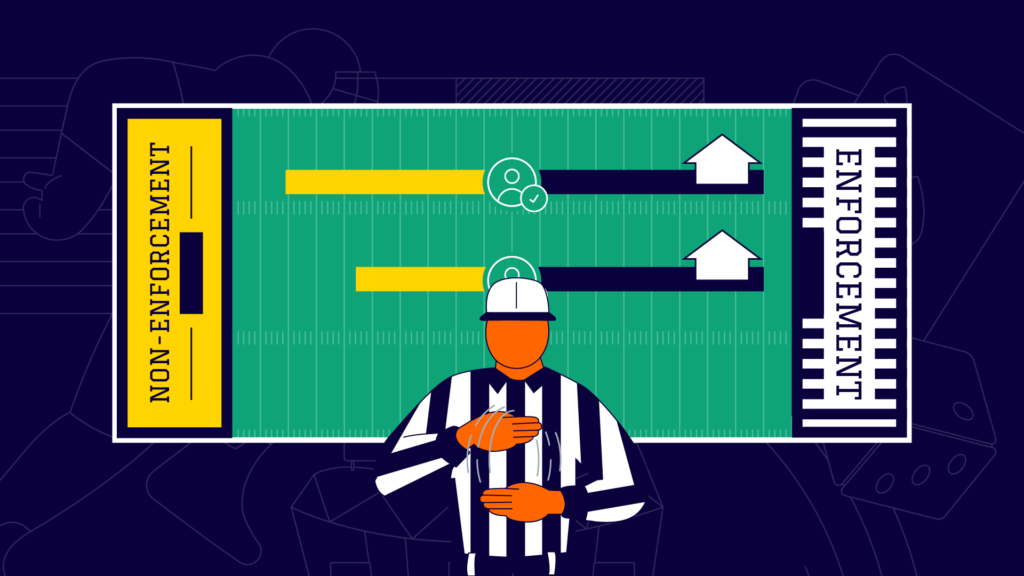Picture the following scenario: you’re in a convenience store and want to buy a Hershey’s chocolate bar. The elderly owner has just gone to the bathroom. It’s unlikely you’ll be caught if you take the chocolate and leave. What do you do: stay and pay, or cut and run?
The underlying quandary concerning digital piracy comes down to a simple moral judgement: can stealing ever be justified? The defense used for stealing content in 2017 is older than streaming, cable TV, or Hollywood: stealing is okay if the target of the theft, like The Hershey Company, possesses great wealth. Proponents of this argument seek reassure themselves by saying, “If I take something small from a big company, I’m not really hurting anyone.” Right?
Wrong. To properly address the falsity of this claim, it’s important to clarify who “they” is. A university student illegally streaming Season 7 of Game of Thrones thinks HBO suffers the most from his theft and, consequently, doesn’t care. But what our young pirate doesn’t understand is the income group hit hardest by piracy is the talent. Actors, set builders, screenwriters, costume designers, directors, music composers – they are the ones piracy hurts the most.
If people stream TV shows illegally instead of paying for them, HBO loses a larger amount of money than Peter Dinklage does. But HBO makes money off of GoT in more ways than everybody’s favourite Lannister. Brand Licensing, Merchandising, and other streams of income flowing into HBO aren’t as susceptible to piracy as Broadcast Revenue (the main source of money for the people actually making the show). Whether people watch legally or illegally, as long as the show’s popularity is sustained GoT bottle openers and t-shirts will continue to fly off the shelves, and HBO will continue to make money.
An actor, on the other hand, loses a bigger portion of their income the more their show is pirated. The fewer official viewers a show has, the fewer advertising dollars it pulls in, which means smaller cheques for beloved actors like Dinklage. We have to wonder if our young GoT fan would still pirate the show if he knew the people it hurts most are the ones he follows on Instagram; perhaps the thought of stealing from Kit Harington or Emilia Clarke would convince him to take out an HBO Go subscription.
Tapping into an illegal stream of a popular show may not raise the same red flags as picking up a chocolate bar and running out of a convenience store, but the real world effects are one in the same: a product is stolen, and money is lost. That doesn’t seem to stop some people from accessing content illegally, but maybe realizing that stealing a chocolate bar hurts the owner of a convenience store more than a global confectionary will.


